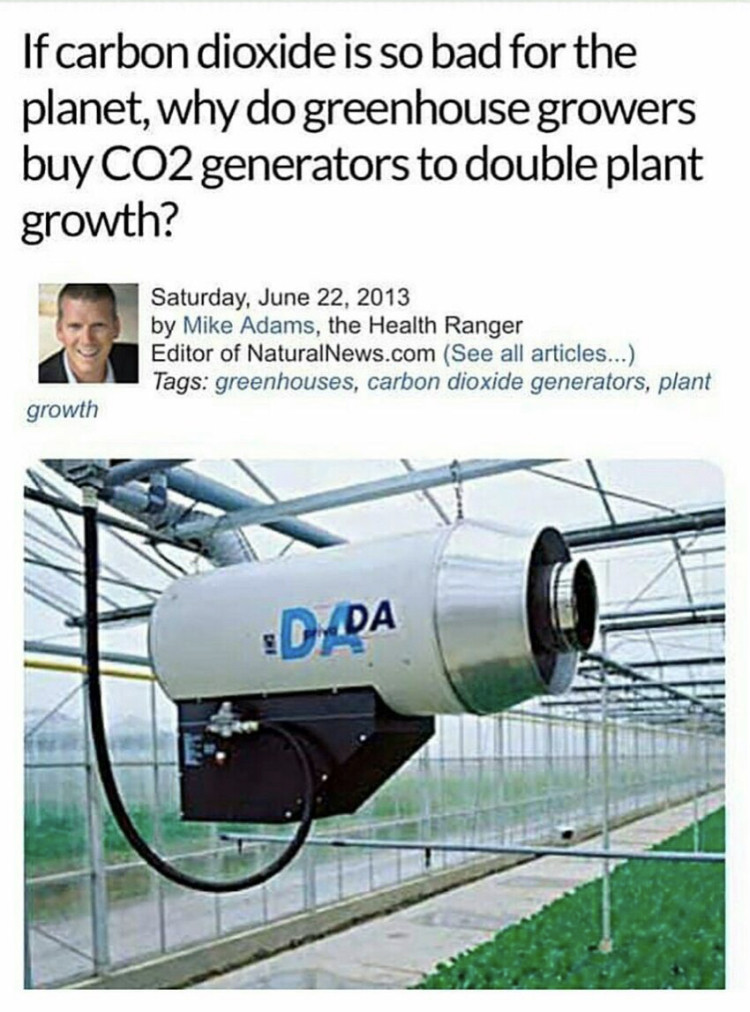Jane Doe✔️
@Janedoe17
21 September, 09:29
Notice: Undefined index: tg1tga_access in /home/admin/www/anonup.com/themes/default/apps/timeline/post.phtml on line 396
Jon Neville
@jonnevi
21 September, 02:13
In response Jane Doe✔️ to her Publication
The volume of the Oceans hold lots of Carbon and it is in a balance?
I do not think the Oceans are acidic?
I do not think the Oceans are acidic?
Notice: Undefined index: tg1tga_access in /home/admin/www/anonup.com/themes/default/apps/timeline/post.phtml on line 396
J.J. Jameson
@jjj
29 September, 03:53
In response Jon Neville to his Publication
Well, you think wrong then.
Notice: Undefined index: tg1tga_access in /home/admin/www/anonup.com/themes/default/apps/timeline/post.phtml on line 396
Jon Neville
@jonnevi
29 September, 04:29
In response J.J. Jameson to his Publication
8)
easy to do ph test and calc out just how much carbonate is locked up?
Understanding the Science of Ocean and Coastal ...
Search domain epa.govhttps://www.epa.gov › ocean-acidification › understanding-science-ocean-and-coastal-acidification
The lower the pH value, the higher the acidity of a liquid. Solutions with low pH are acidic and solutions with high pH are basic (also known as alkaline). Prior to the Industrial Revolution, average ocean pH was about 8.2. Today, average ocean pH is about 8.1.
https://duckduckgo.com/?q=...
easy to do ph test and calc out just how much carbonate is locked up?
Understanding the Science of Ocean and Coastal ...
Search domain epa.govhttps://www.epa.gov › ocean-acidification › understanding-science-ocean-and-coastal-acidification
The lower the pH value, the higher the acidity of a liquid. Solutions with low pH are acidic and solutions with high pH are basic (also known as alkaline). Prior to the Industrial Revolution, average ocean pH was about 8.2. Today, average ocean pH is about 8.1.
https://duckduckgo.com/?q=...
Notice: Undefined index: tg1tga_access in /home/admin/www/anonup.com/themes/default/apps/timeline/post.phtml on line 396
J.J. Jameson
@jjj
29 September, 05:11
In response Jon Neville to his Publication
As for measuring the CO2 absorption, NOAA has done studies on this in the past and confirmed that the pH is decreasing (i.e. becoming more acidic)
https://www.pmel.noaa.gov/...
https://ocean.si.edu/conse...
https://www.pmel.noaa.gov/...
https://www.pmel.noaa.gov/...
https://ocean.si.edu/conse...
https://www.pmel.noaa.gov/...
Notice: Undefined index: tg1tga_access in /home/admin/www/anonup.com/themes/default/apps/timeline/post.phtml on line 396
Jon Neville
@jonnevi
29 September, 05:13
In response J.J. Jameson to his Publication
it is buffered!
Notice: Undefined index: tg1tga_access in /home/admin/www/anonup.com/themes/default/apps/timeline/post.phtml on line 396
And we can account for that in our models.
05:15 PM - Sep 29, 2021
In response Jon Neville to his Publication
Only people mentioned by jjj in this post can reply
Jon Neville
@jonnevi
29 September, 05:19
In response J.J. Jameson to his Publication
so how can you quantity the about of buffering that is locked up?
Notice: Undefined index: tg1tga_access in /home/admin/www/anonup.com/themes/default/apps/timeline/post.phtml on line 396
J.J. Jameson
@jjj
29 September, 05:30
In response Jon Neville to his Publication
We have estimates for the amount of water in the ocean, and as you can see from the chart above we can observe how much CO2 is locked up in samples.
Extrapolating that to a total isn't rocket science, but it also isn't particularly interesting.
It doesn't matter, how much there is stored. What matters is how much it takes to shift the balance, how fast it's happening and how strongly it affects ecosystems in the ocean.
Those things are much harder to quantify, but evidence so far suggests that it is an extremely fragile system and even the small changes that are already taking place are harmful.
Even if we stopped every process that produces CO2 now, the ocean would slowly continue to absorb a lot of the extra we already pumped into the atmosphere.
It's a huge help in other aspects, actually, but it comes at a cost.
Extrapolating that to a total isn't rocket science, but it also isn't particularly interesting.
It doesn't matter, how much there is stored. What matters is how much it takes to shift the balance, how fast it's happening and how strongly it affects ecosystems in the ocean.
Those things are much harder to quantify, but evidence so far suggests that it is an extremely fragile system and even the small changes that are already taking place are harmful.
Even if we stopped every process that produces CO2 now, the ocean would slowly continue to absorb a lot of the extra we already pumped into the atmosphere.
It's a huge help in other aspects, actually, but it comes at a cost.
Notice: Undefined index: tg1tga_access in /home/admin/www/anonup.com/themes/default/apps/timeline/post.phtml on line 396


